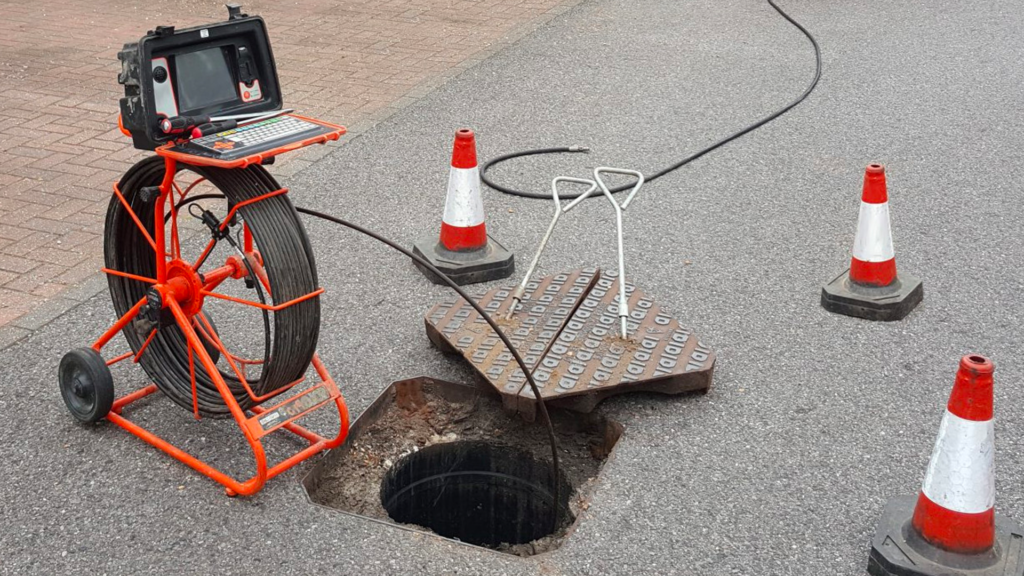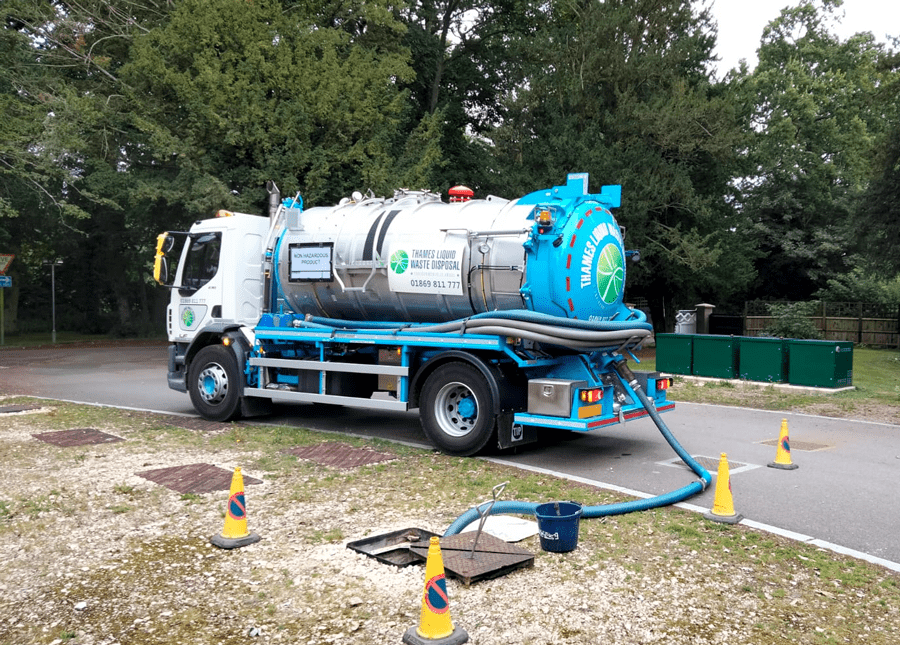Reclaim Waste Can Be Fun For Anyone
Reclaim Waste Can Be Fun For Anyone
Blog Article
The Facts About Reclaim Waste Revealed
Table of ContentsThe Ultimate Guide To Reclaim WasteThe Definitive Guide to Reclaim WasteSome Known Factual Statements About Reclaim Waste The Best Guide To Reclaim WasteAbout Reclaim Waste
Explore the kinds, events, and kinds of liquid waste. Residential sewage waste describes the waste and products from a residential septic system. This kind of waste is developed by humans in residences, institutions, and various other buildings. This only consists of sewage-disposal tanks that have a drainpipe area. The appropriate administration and disposal of residential sewage waste call for fluid waste to be moved to a sewer treatment plant where the correct methods and devices are used to purify and deal with waste.
Commercial waste usually includes potential dangers, such as combustible materials or a mix of liquid and solid waste items, and needs a much more advanced and detailed disposal procedure. The disposal of industrial waste normally includes the filtration of waste before transportation to make sure secure and proper disposal. Hazardous waste is developed from results and overflow of commercial processes and manufacturing.
This sort of waste can not utilize the exact same sewer management transportation or processes as septic or business fluids. The hazardous waste management procedure needs the assessment and testing of liquid waste prior to it goes through the disposal procedure (liquid waste disposal melbourne). Overflow waste is the fluid waste that comes from overflow and excess stormwater in extremely populated locations or cities
Overflow waste can create contamination and flooding if not taken care of properly. Making certain proper waste administration can avoid catastrophes and decrease ecological damage.
Fascination About Reclaim Waste
Contact PROS Providers today to discover about our waste monitoring and disposal services and the appropriate ways to take care of the fluid waste you produce.
(https://share.evernote.com/note/7e2c20e2-4e08-1523-1aa2-d06cf7e27761)Do you know what happens to your water when you end, purge the commode or drain the cleaning device? No? Well, it deserves knowing. This supposed 'wastewater' is not only an essential source however, after treatment, will certainly be launched to our land, waterways or the sea. Used water from bathrooms, showers, baths, cooking area sinks, washings and industrial procedures is referred to as wastewater.

water made use of to cool machinery or tidy plant and equipment). Stormwater, a type of wastewater, is runoff that streams from farming and city areas such as roofings, parks, gardens, why not find out more roadways, courses and rain gutters into stormwater drains, after rainfall. Stormwater streams without treatment directly to regional creeks or rivers, ultimately getting to the ocean.
Reclaim Waste for Beginners
In Queensland, a lot of wastewater is treated at sewage treatment plants. Wastewater is moved from residential or industrial sites with a system of sewers and pump terminals, understood as sewage reticulation, to a sewer therapy plant.
The Department of Natural Resources advises neighborhood federal governments about handling, operating and maintaining sewage systems and treatment plants. In unsewered locations, city governments may require owners to mount private or family sewage therapy systems to deal with residential wastewater from toilets, kitchen areas, washrooms and washings. The Division of Natural Resources authorizes using family systems when they are verified to be reliable.
In some brand-new communities, treatment of some stormwater to get rid of litter, sand and crushed rock has begun using gross toxin traps. Wastewater treatment happens in 4 phases: Removes solid matter.
Wastewater after that flows right into big tanks where solids settle and are eliminated as sludge. Grease and scum are skimmed from the surface area. Uses tiny living organisms understands as micro-organisms to break down and eliminate remaining dissolved wastes and fine fragments. Micro-organisms and wastes are included in the sludge. Removes nitrogen and phosphorus nutrients that could cause algal blooms in our waterways and intimidate marine life.
The Buzz on Reclaim Waste
Nutrient elimination is not available in any way sewage therapy plants because it needs costly specialised devices. It is coming to be much more usual in Queensland. Clear liquid effluent produced after treatment might still consist of disease-causing micro-organisms. If this effluent is released right into waterways such as rivers or the sea, the micro-organisms will at some point die out.

This typically implies wastewater needs to be dealt with or pollutants gotten rid of before it can be released to waterways. Many wastewater moves into the sewerage system. Under the Act, neighborhood federal governments administer authorizations and permits for ecologically relevant activities (ERAs) entailing wastewater releases that may have a local effect. The division administers approvals and permits to ERAs entailing wastewater releases that may have a regional or statewide effect.
10 Simple Techniques For Reclaim Waste
Monitoring provides accurate details regarding water quality and can validate that permit problems are being fulfilled. The details acquired via tracking provides the basis for making water high quality choices.
Report this page